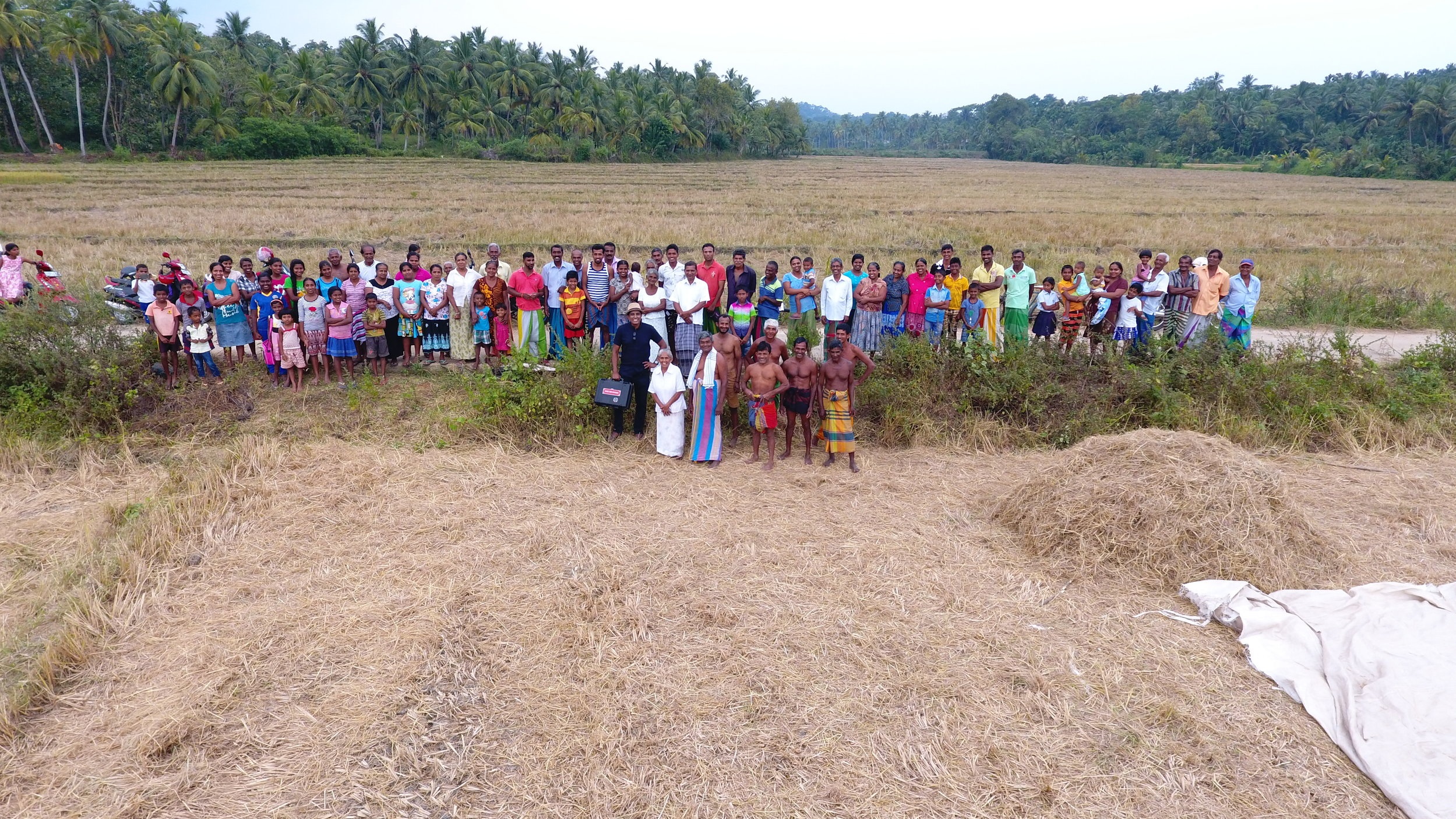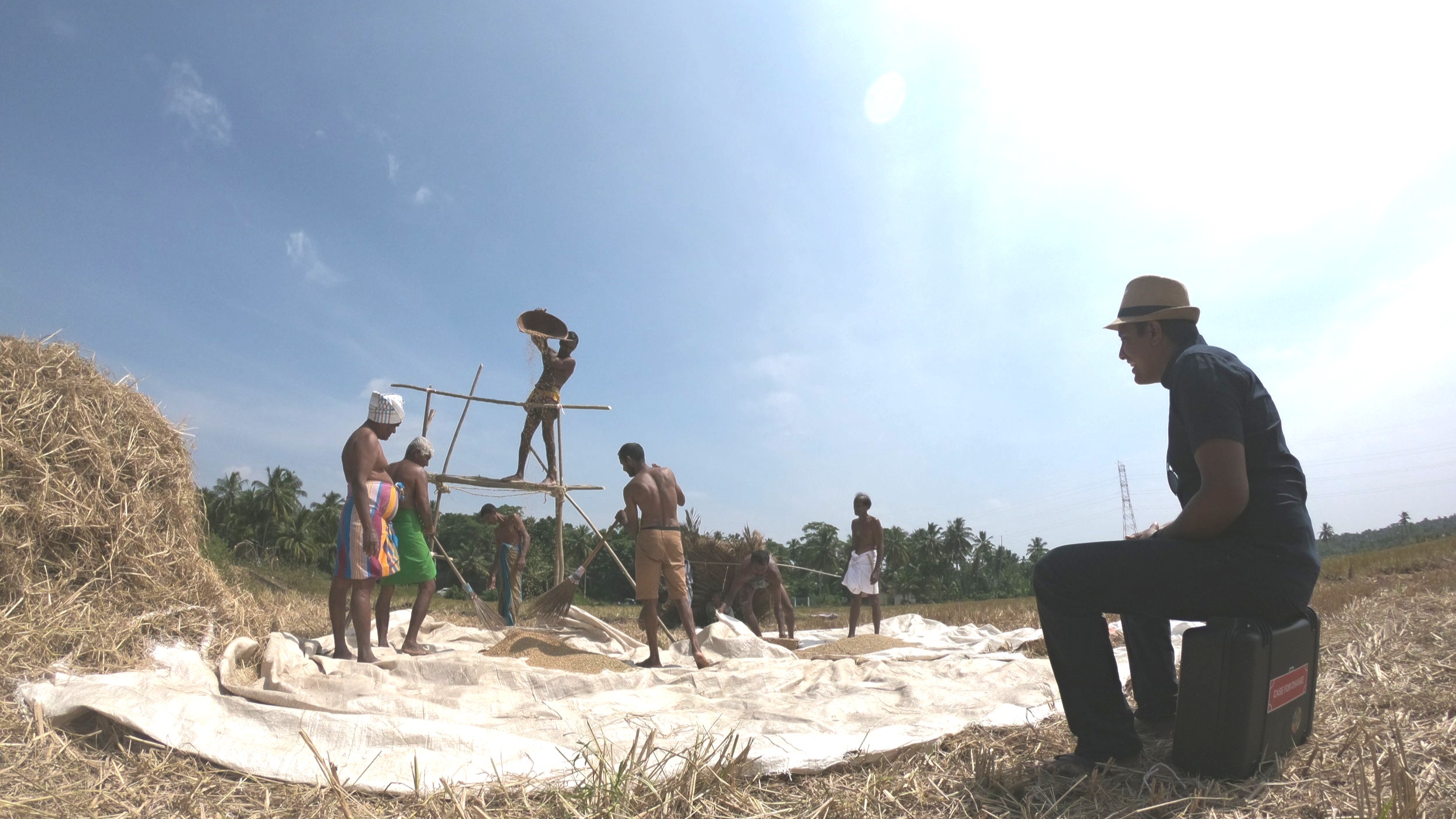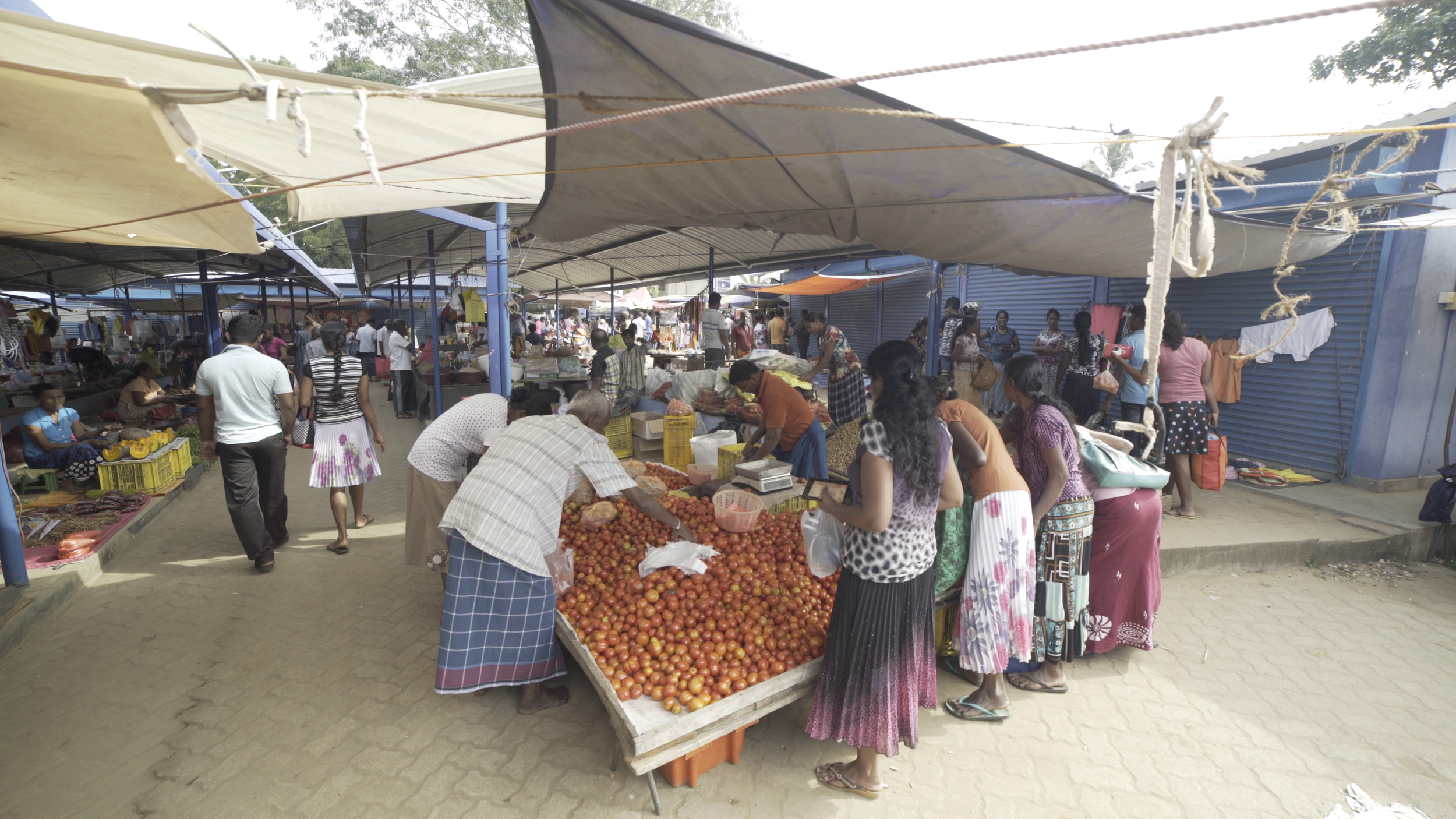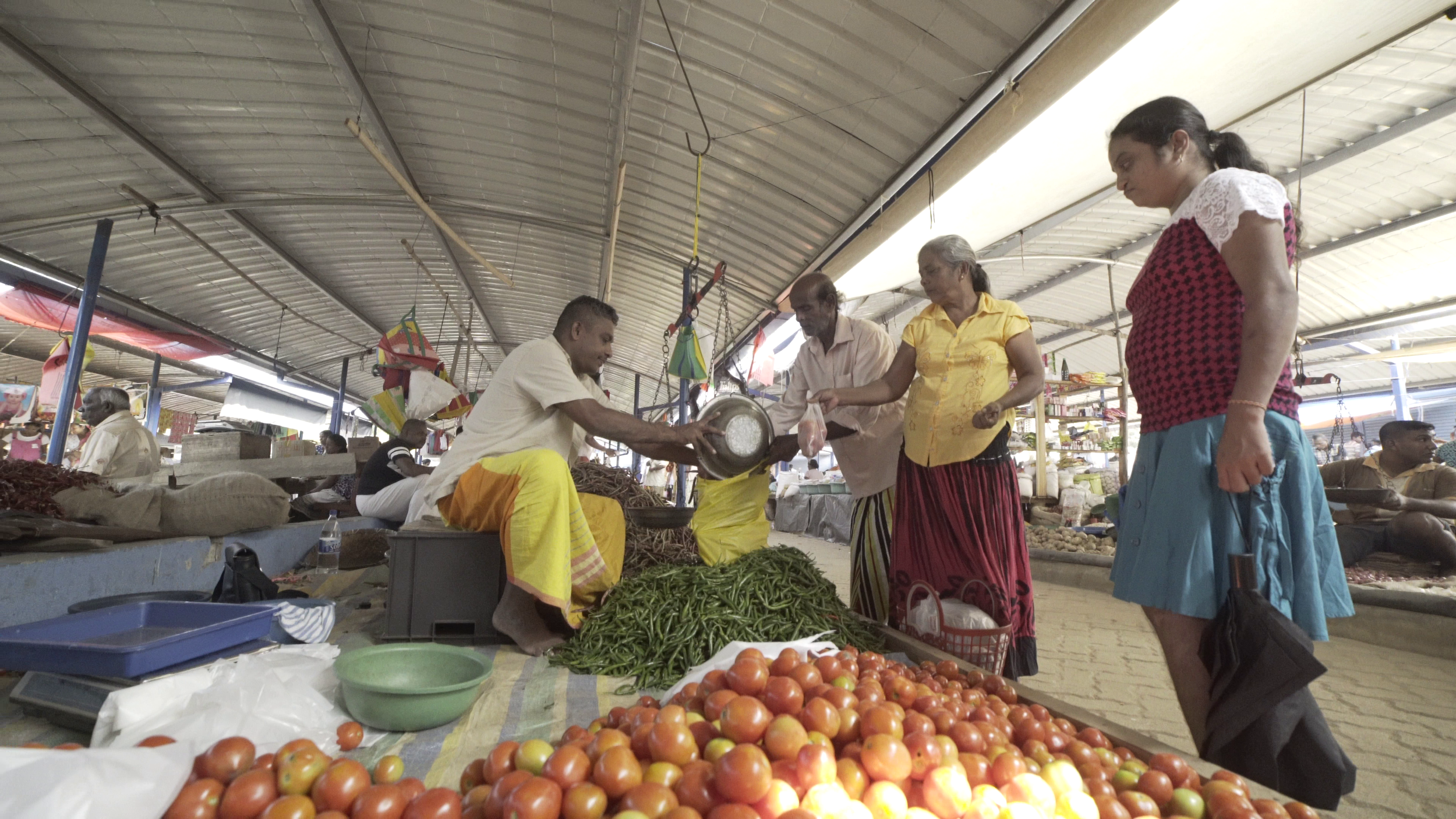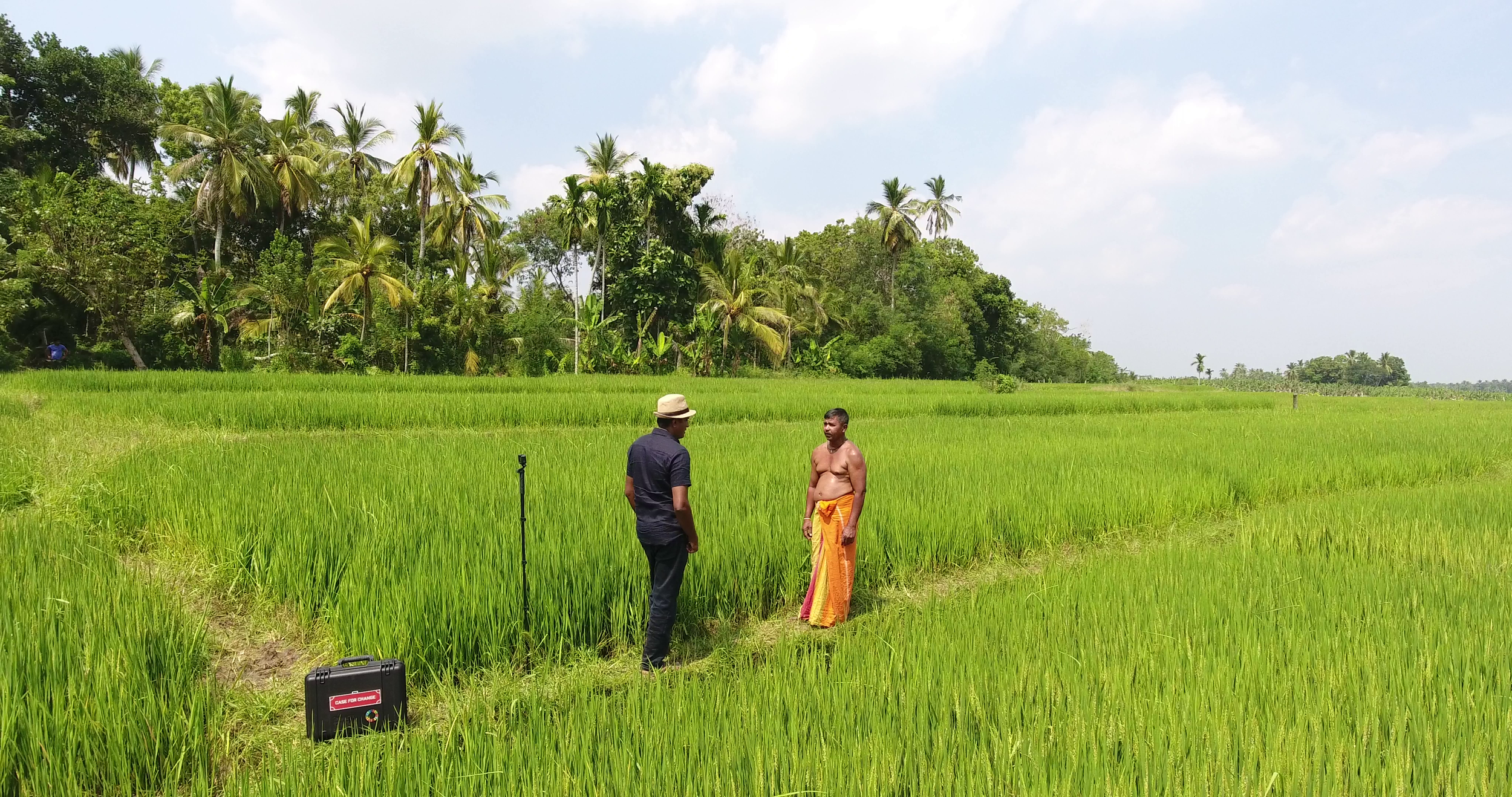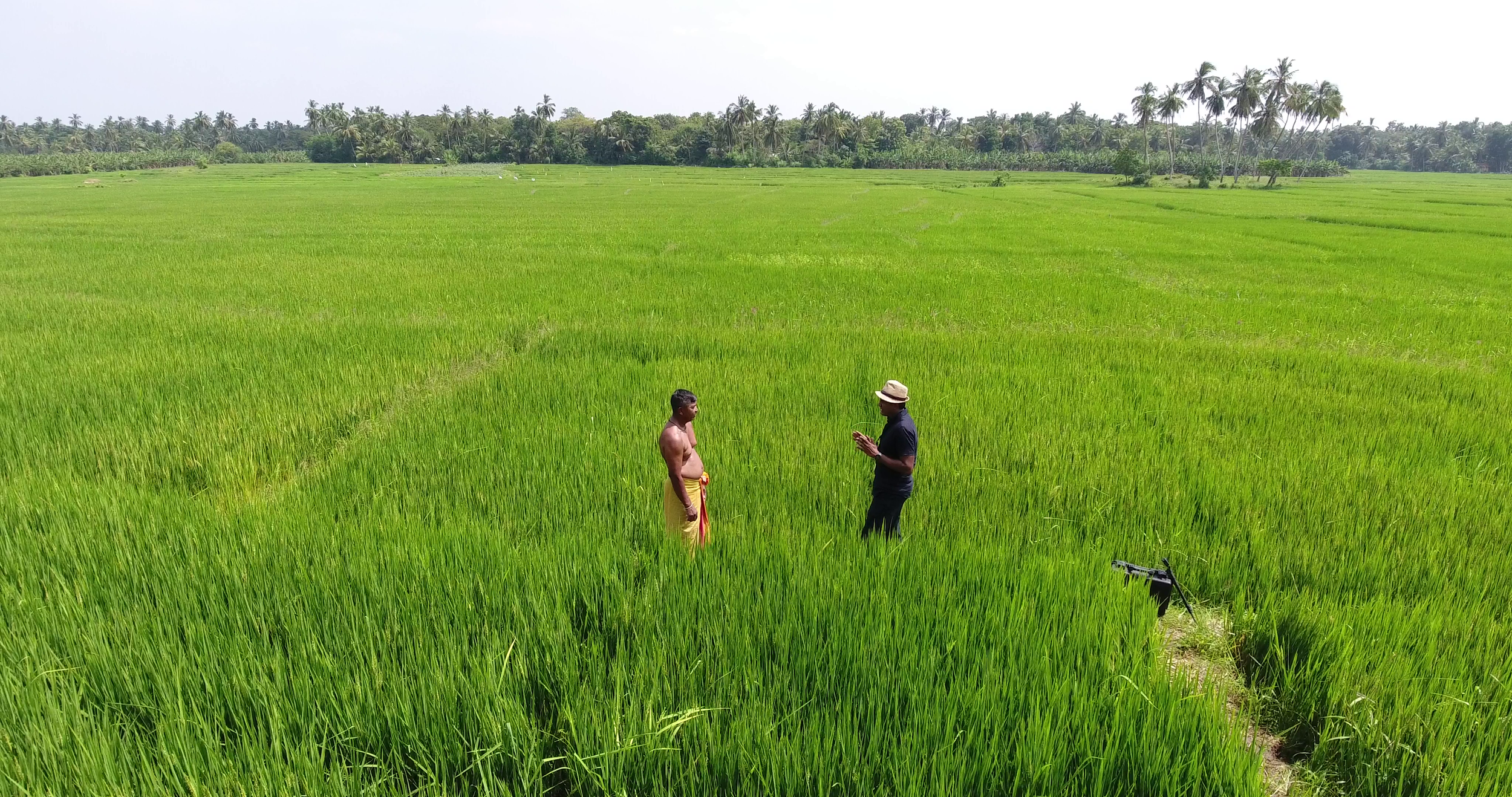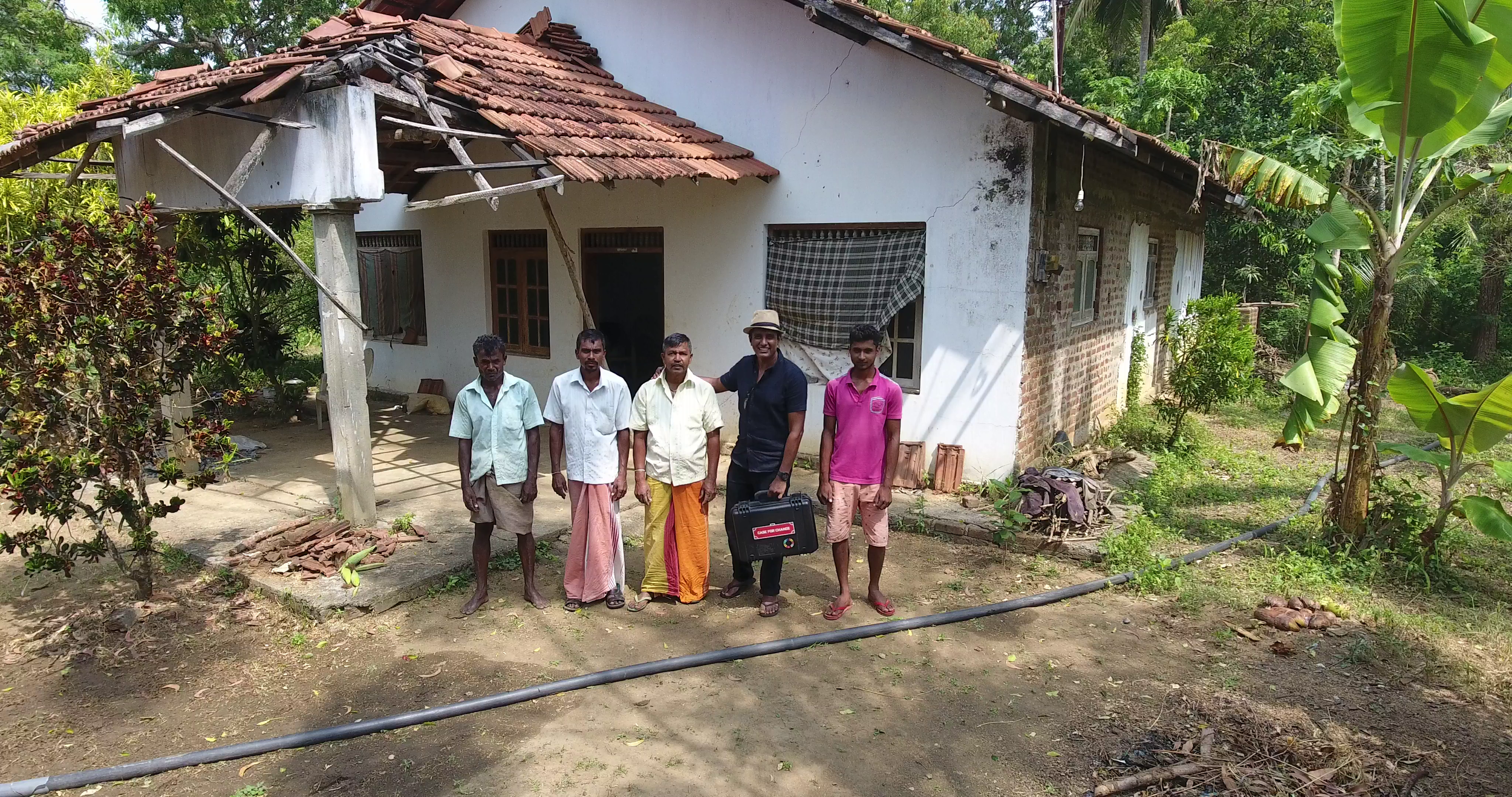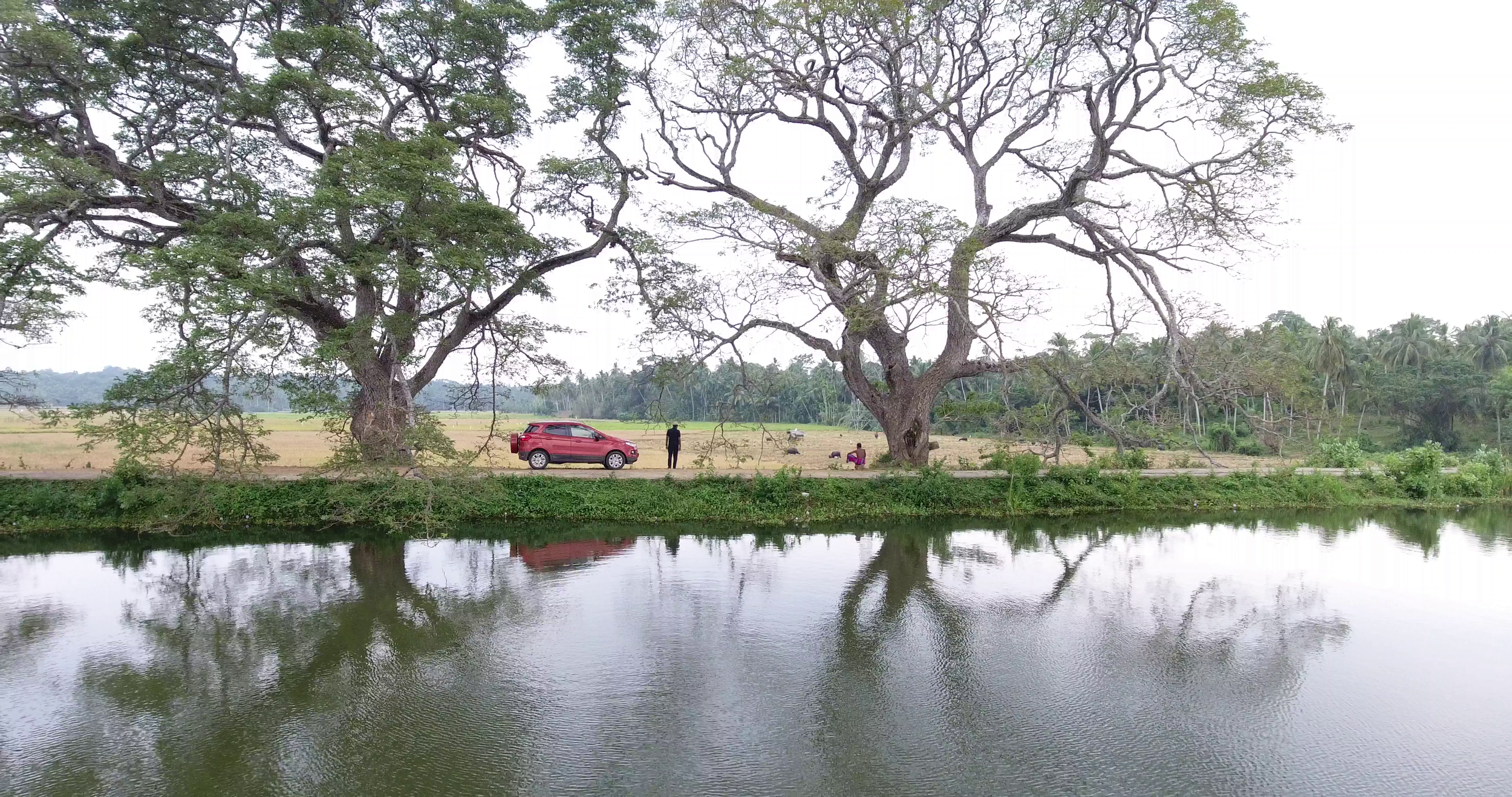Here is a blog I wrote around my experience when producing the Sri Lanka #CaseForChange film. Below are some images from my Instagram Stories feed that I used to real-time update my team (and family) whilst on this adventure.
#CaseForChange: Mobile service is bringing traditional farming into the 21st Century across Sri Lanka
With 80% of Sri Lankans living in rural areas, farming is the way of life for most. Traditional farming methods are passed down from generation to generation and the use of technology is still a novelty for those outside of the city. Many hard hours are spent in the vast green fields, harvesting mainly rice in the paddy fields, as well as sweetcorn, chilies and bananas.
As their only source of income, the sale of these crops are not only critical for the next harvest but also the livelihoods of their families; ensuring there’s enough to eat and making sure their children get an education. One bad yield will not only affect that farmer, but will have a knock on effect for the wider community.
I joined popular Sri Lankan TV presenter, Chatura Alwis and his talented production team, on a trip to the Southern Province of Sri Lanka, to see how a simple automated voice service is transforming farming methods, for the #CaseForChange campaign.
In 2015, Dialog launched a ground-breaking service for farmers called Govi Mithuru. For only one rupee a day this service provides customised and timely advice to farmers regarding land preparation, cultivation, crop protection, harvest and improved family nutrition.
We learned that ‘super-users’ send messages everyday with information from their farms and with the use of GPS data, Dialog can then help farmers by sending the right Information at the right time for each farmer’s needs, correctly tailored for their crop, location and stage of cultivation. Registered users receive information related to each registered crop as a voice message to their mobile phones.
It wasn’t until we spoke to some of the farmers did we realise how significant this service is. Pests and diseases are the biggest threats to farmers and catching them late can cost them their entire field of crops. As soon as they received a voice message informing them that a neighbouring farm has pests they can then immediately go and check their crops and spray pesticides if required.
Before Govi Miithuru, this information would come from agents who would visit the farms, but this was limited to working hours and weekdays, now farmers can receive this information 24/7.
This service is having a huge impact on lives and communities here, but it was interesting to learn that exposure to quicker routes to making money such as rickshaw driving was reducing the number of next generation of farmers. They didn’t want to work long, hard hours in the heat, waiting for months for crops and having to deal with pests etc.
By giving this industry the chance to evolve into the 21st century with the use of mobile and the knowledge they can obtain from it, the next generation of farmers are more likely to continue their family heritage and will do so in a more informed and efficient way.
Govi Mithuru is a great example of how mobile operators and connectivity can really make a better future for citizens.
Hear more stories like this and show your support by following and sharing our YouTube channel and visit our website to watch the latest stories and learn more about our stories and participating mobile operators.
Dedicated to the UN Sustainable Development Goals and connecting everyone and everything to a better future, mobile operators are transforming millions of people’s lives. To tell these stories of human impact, the #CaseForChange is packed with the latest tech and travelling around the world. Launched at MWC Americas in September 2017 and culminating at Mobile World Congress 2018 in February, the journey will cross 17 countries and cover over 130,000km to capture 19 of the most powerful stories of human change, all backed by mobile.
